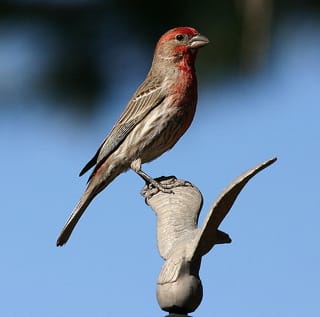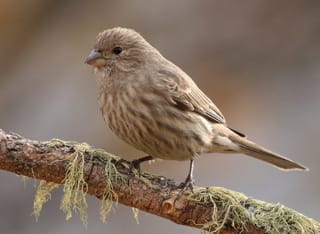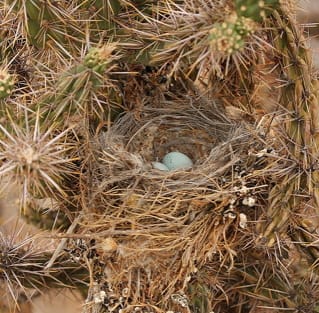Initially this guide displays common birds of all types that are flying right now in our area. Use the selectors below to view rare birds, view birds flying any time, restrict the output to a certain shape of bird, or search by name.
New Mexico is on the western edge of the Central Flyway which is one of the major migration pathways between north and south for birds traveling between breeding and wintering grounds along the Rocky Mountains. This has resulted in the state having an incredible diversity of birds with over 550 different species reported. A little more than half of this number are sighted annually on the Pajarito Plateau. Some of these birds are full-time residents, some migrate here for a few weeks or months, and other are only seen briefly as they pass through the region.
This guide features many of the birds known to frequent Los Alamos county by when they are likely to be seen in the area. You can get additional information on local birds by joining PEEC Birders or going to the eBird website. eBird also includes lists of rare bird sightings and birding hot spots.
Bird References
Birdweb
Cornell Lab of Ornithology
eBird
eNature
Institute for Bird Populations
National Audubon Society
New Mexico Ornithology Society
What Bird
xeno-canto
Subject Area Experts (all guides)
Steve Cary (butterflies)
Beth Cortright (insects)
Terry Foxx (invasive plants)
Leslie Hansen (mammals)
Richard Hansen (fish, mammals)
Dorothy Hoard (butterflies, trees)
Chick Keller (flowers, herbarium)
Shari Kelley (geology)
Kirt Kempter (geology)
Garth Tietjen (reptiles)
David Yeamans (birds)
Web Development and Content Management
Pat Bacha
Jennifer Macke
Graham Mark
Akkana Peck
Contact
Please contact us for local nature questions and sightings. We welcome comments, corrections, and additions to our guides.
For more information about local nature, please visit our Nature Blog or subscribe to PEEC This Week.
Make Selection
 Photo: male by Mouser Williams  Photo: female  Photo: nest by J.N. Stuart |  House FinchHOFI (Haemorhous mexicanus, Carpodacus mexicanus)Family: Fringillidae (Finches) Size: 5 - 6 in (13 - 15 cm) Flies: Jan 01 - Dec 31 Status: native; common Habitat: chaparral, deserts, orchards House Finches are native to the Southwest but were released in New York during the 1940s and have subsequently expanded in such a way as to be found coast-to-coast. These finches will forage on the ground or while perching up in a shrub or tree. They typically forage in flocks except when nesting. They will visit feeders in large numbers. However, some consider them to be pests since they are susceptible to infections that can be spread to other feeder visitors. Males may sing anytime during the year but females only sing during spring. During breeding season, males will perform a flight-song display. Open cup nests can be found in a variety of locations including in trees, holes in man-made structures, hanging planters, and old nests of other birds. House Finches can have up to three broods per year. Info Photos Distribution Frequency Featured |
